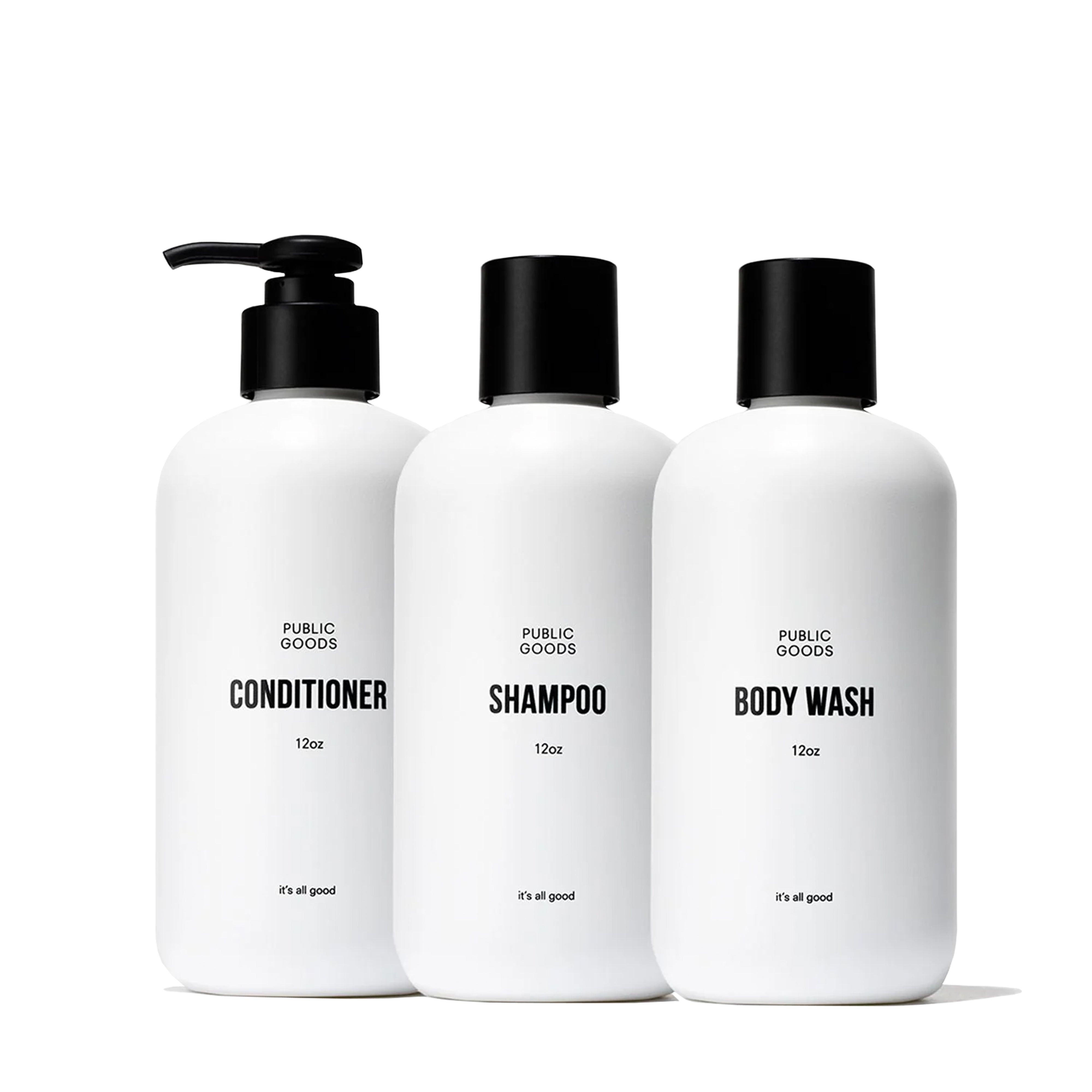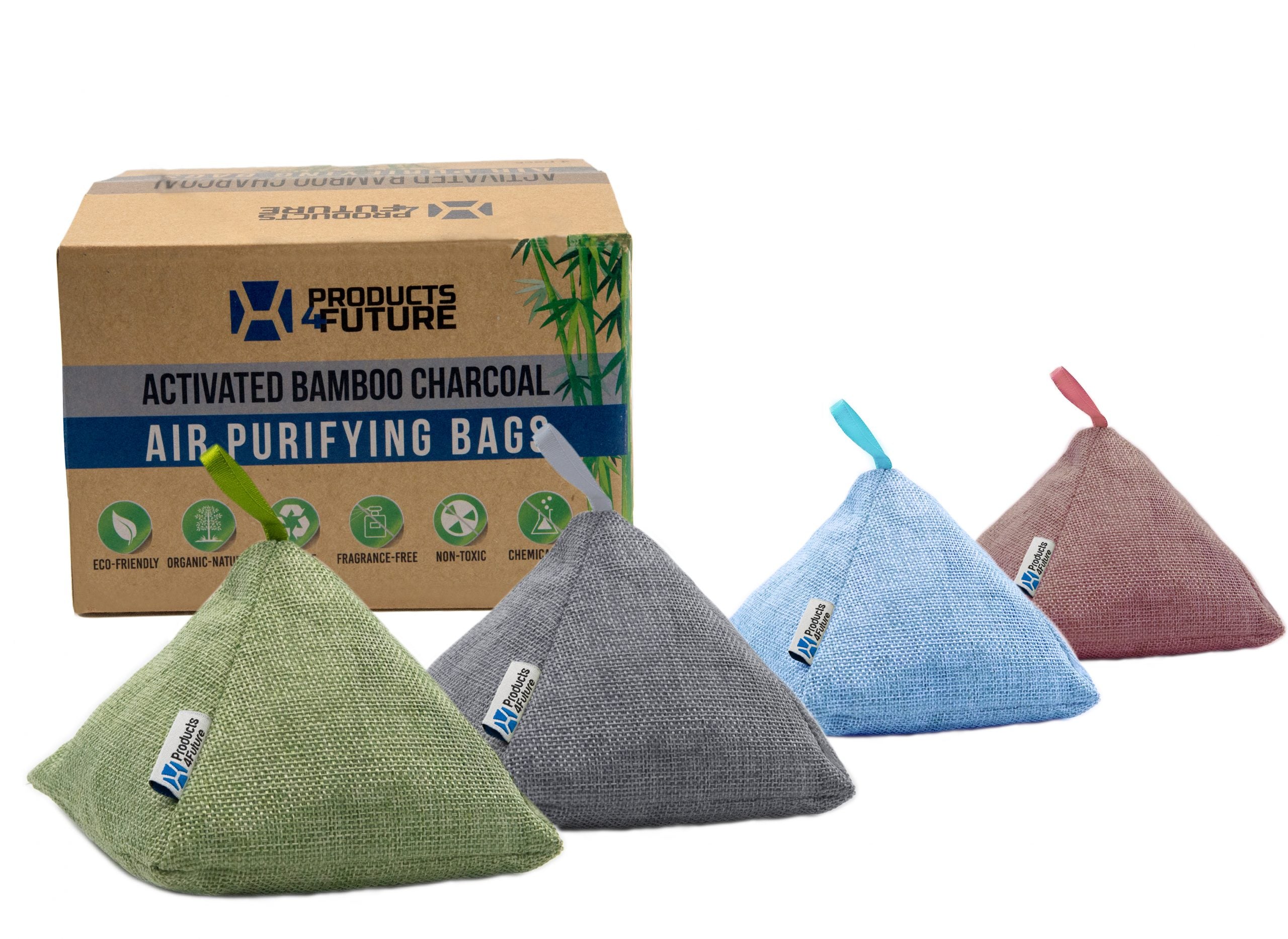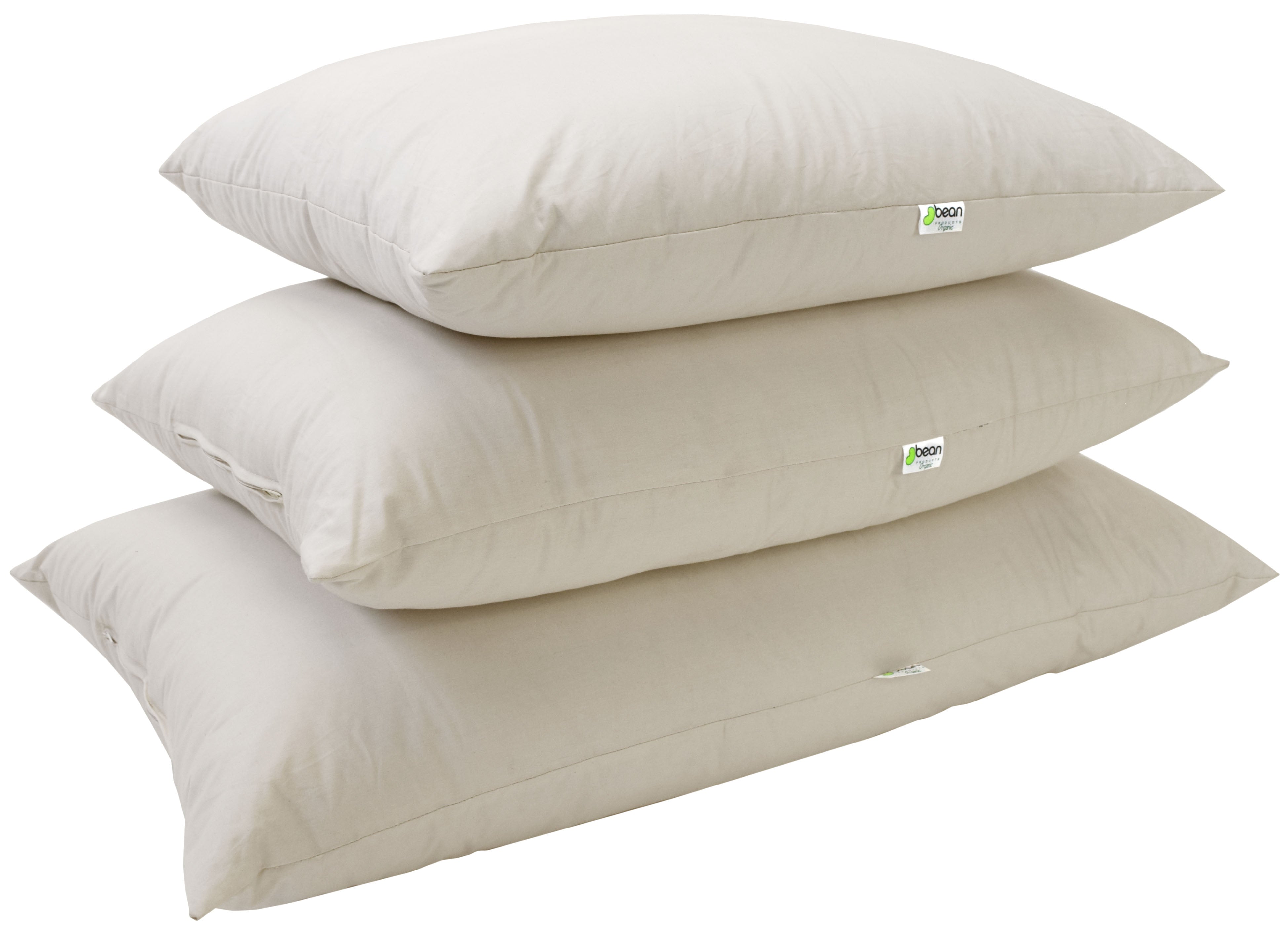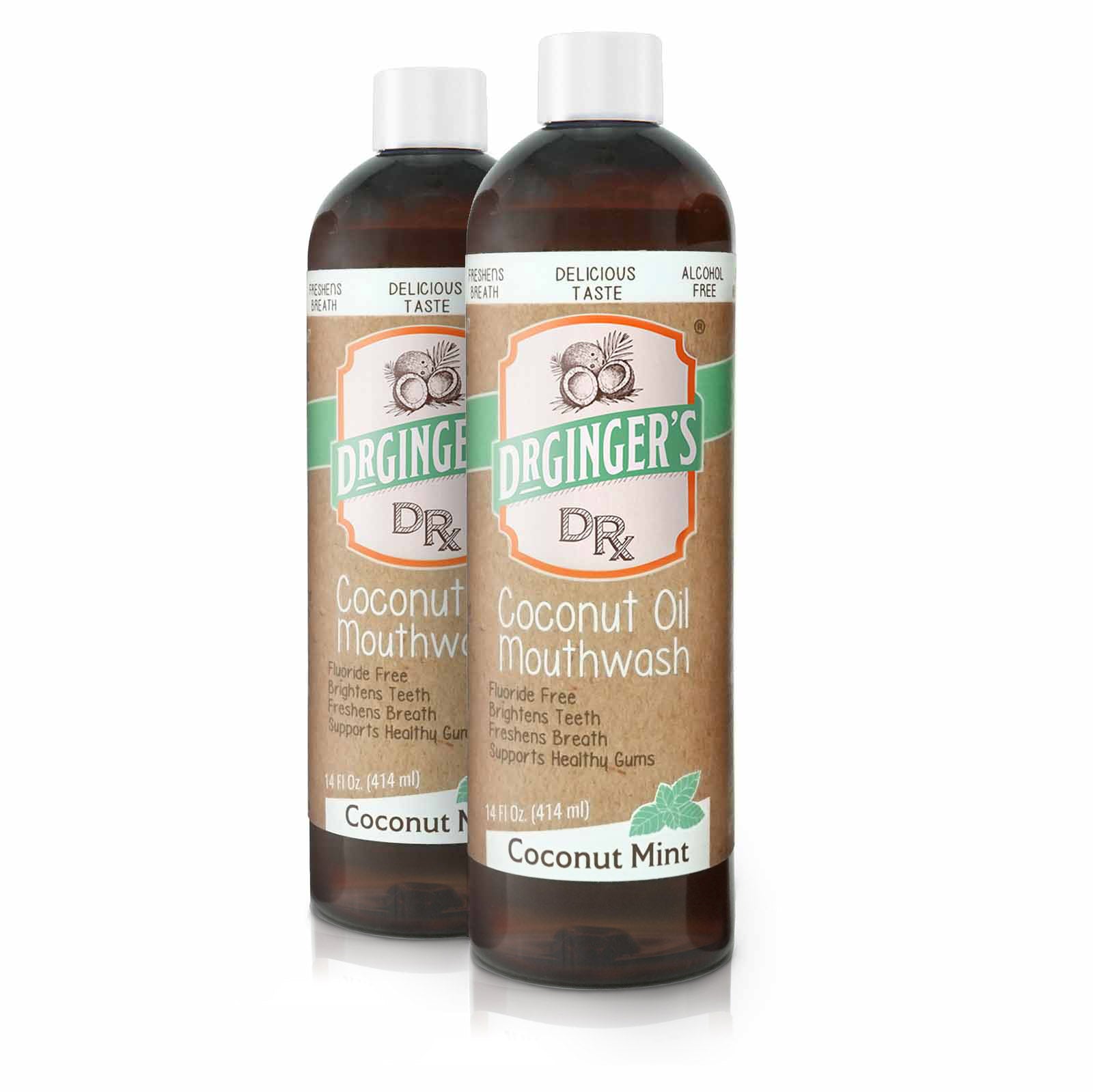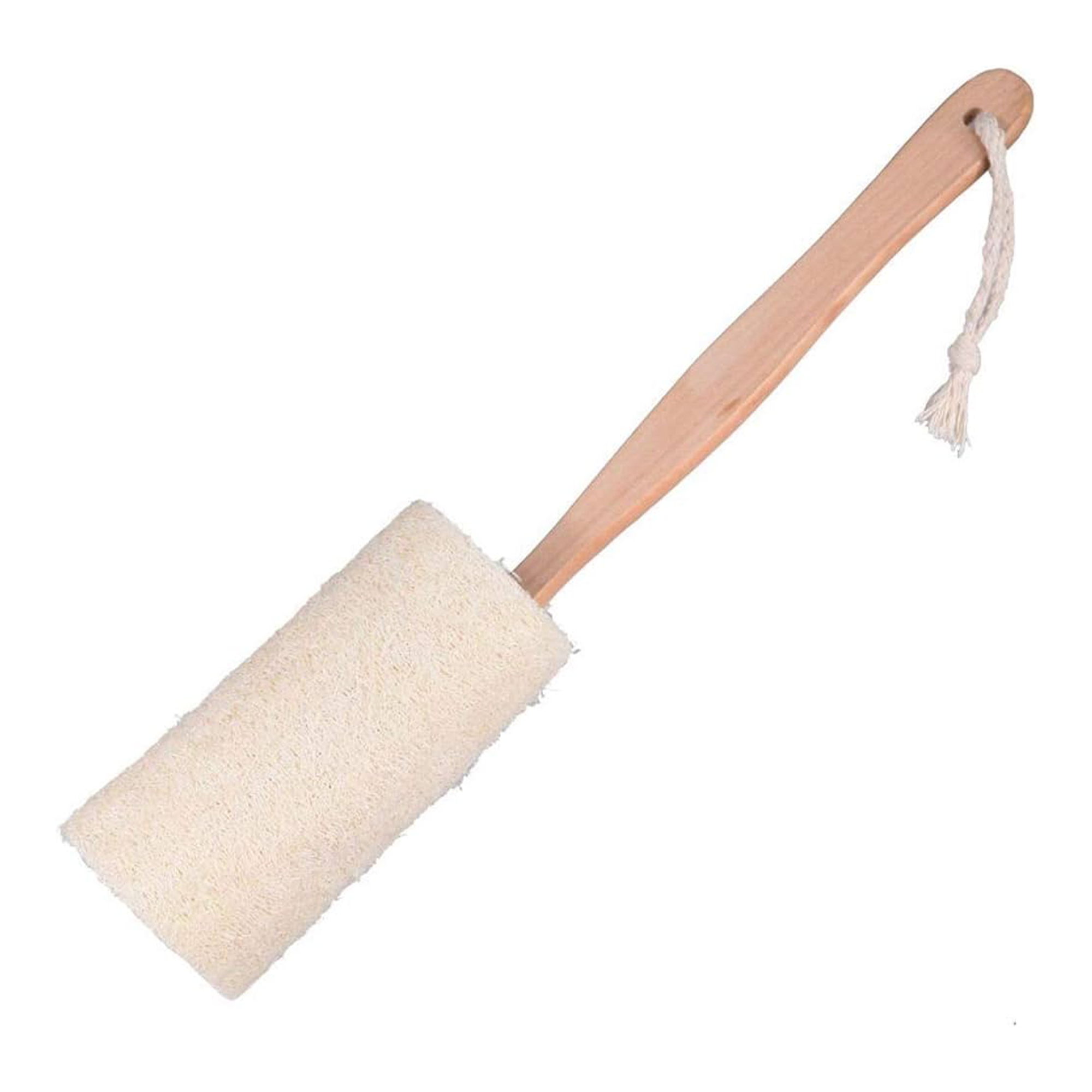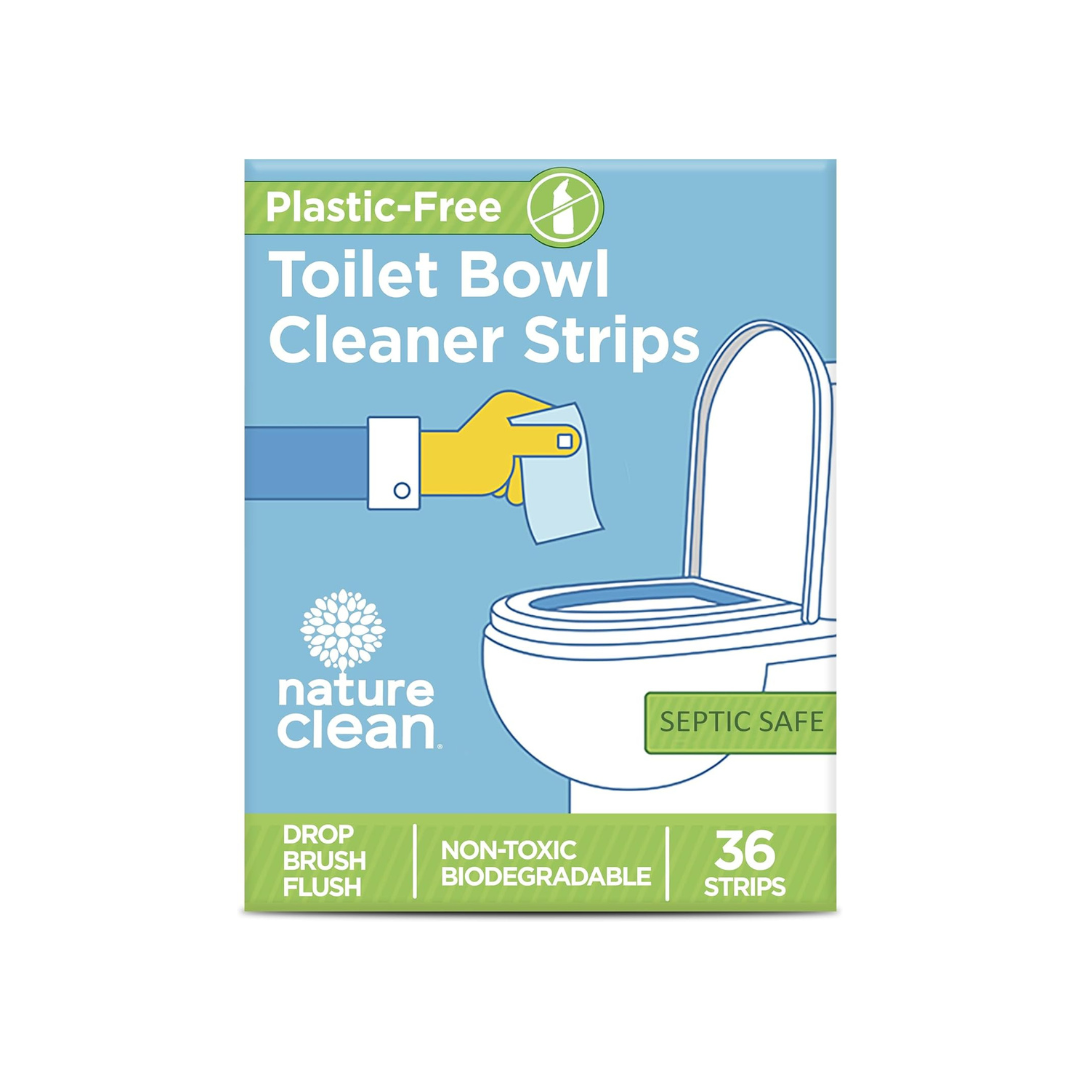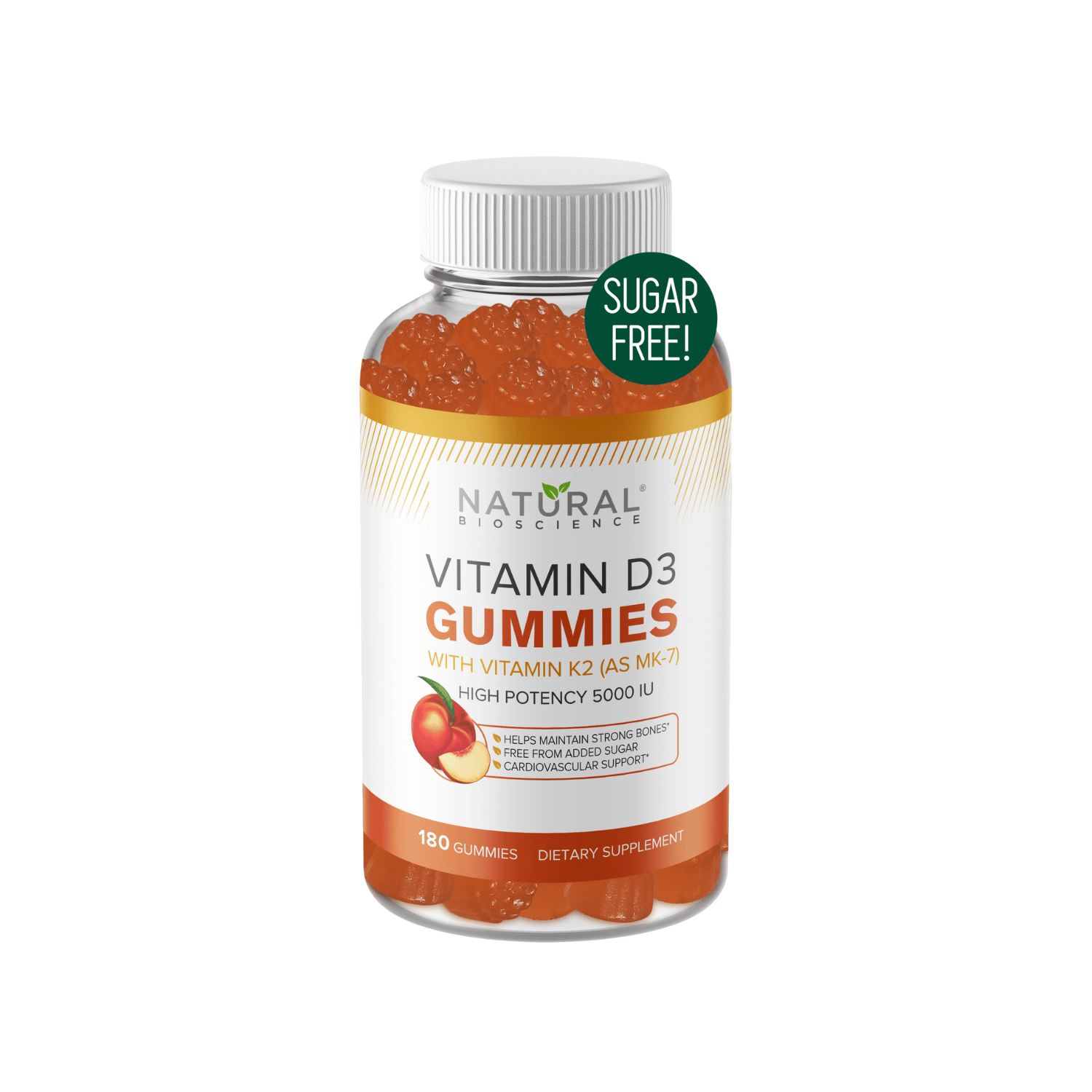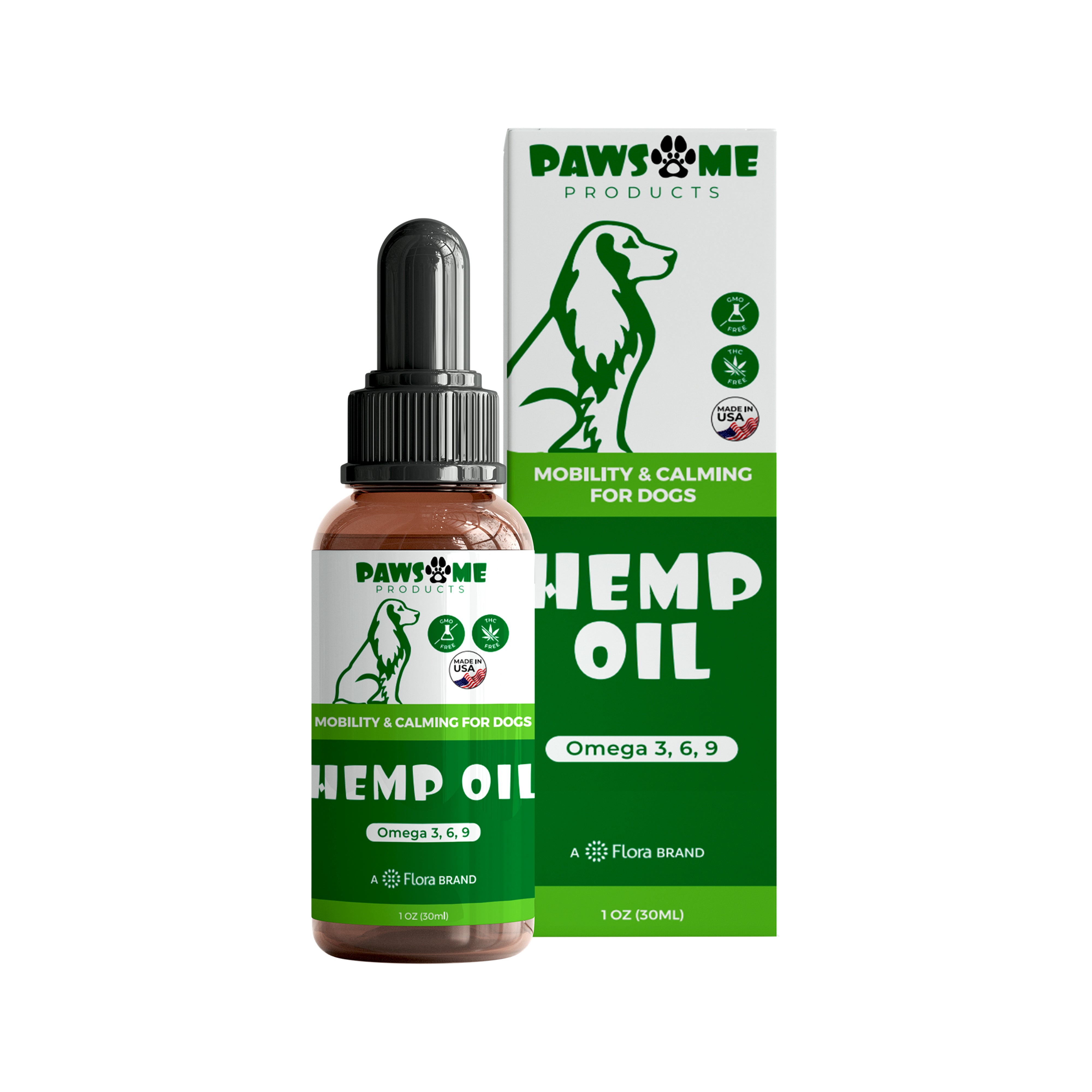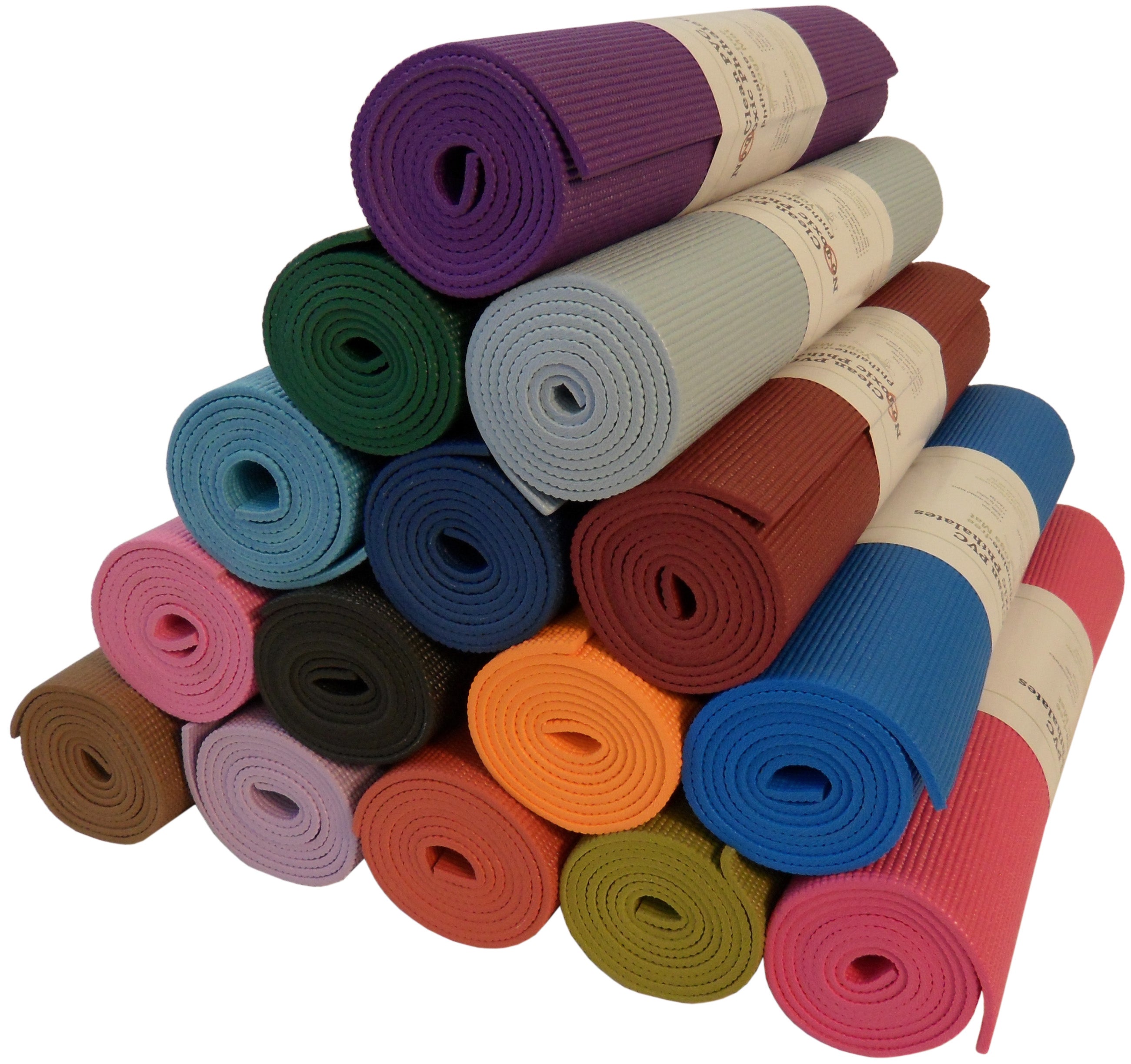The third edition of our Sustainable Living Guide dives into an essential yet often overlooked aspect of daily life: personal care. The products we use daily, from shampoos to toothpaste, play a significant role in our health and the health of our planet. In this section, we explore why it’s crucial to re-evaluate these choices and how eco-friendly alternatives can make a difference.
Understanding the Impact of Personal Care on the Environment
Each day, millions of consumers use personal care products that contribute to environmental degradation. The impact begins with the extraction of raw materials and extends through the manufacturing process, right down to when the products are disposed of. Traditional personal care items often contain harmful chemicals that can damage aquatic ecosystems when washed down our drains. Plastic packaging, which is ubiquitous in the industry, adds to the ever-growing problem of landfill waste and ocean pollution.
The production processes themselves are also a concern. Many conventional personal care products are made using non-renewable resources, such as petroleum, which are both environmentally degrading and unsustainable. The extraction and processing of these resources contribute significantly to air and water pollution, as well as global warming.
The Importance of Switching to Sustainable Personal Care Products
Adopting eco-friendly personal care products isn’t just beneficial for the planet; it also promotes healthier living. Sustainable personal care products often contain natural or organic ingredients that are less likely to cause skin irritation or long-term health issues, which can be a concern with their chemical-laden counterparts.
Moreover, by choosing sustainable options, you support practices that are more respectful of the earth and its resources. These include using biodegradable ingredients, opting for minimal and recyclable packaging, and supporting companies that prioritize ethical sourcing and fair labor practices. Each purchase of an eco-friendly product sends a message to businesses about consumer preferences, encouraging more companies to consider sustainability in their product lines.
Eco-Friendly Personal Care Alternatives
Sustainable Skincare Solutions
When it comes to skincare, the shift towards sustainability involves more than just choosing organic labels. It's about understanding which ingredients are safe and beneficial for both your skin and the environment. Look for products that are free from parabens, phthalates, synthetic fragrances, and other harmful chemicals. These ingredients can cause hormonal disruptions and pollute our waterways. Instead, opt for natural ingredients like aloe vera, coconut oil, and shea butter, which are effective and gentle on the skin. Additionally, you can explore DIY skincare recipes using household items like oatmeal, honey, or cucumber, which reduce waste and cut down on packaging.
Another aspect of sustainable skincare is supporting brands that use ethical sourcing and environmentally friendly packaging. Many companies are now using recyclable materials or even offering refillable options to minimize waste. By supporting these brands, you not only improve your skin’s health but also contribute to a more sustainable business model. It’s a win-win for your beauty routine and the planet, ensuring that you care for your skin without compromising the earth's well-being.
Eco-Conscious Hair Care
Eco-conscious hair care focuses on reducing the environmental impact of your hair routine. This means choosing products that are free from sulfates, silicones, and parabens, which are not only harsh on your hair but also detrimental to aquatic life when washed into our water systems. Instead, look for natural alternatives like argan oil, apple cider vinegar, and tea tree oil, which provide nourishment and maintain healthy hair without the negative side effects. These ingredients are not only better for the environment but also promote a healthier scalp and stronger hair.
In addition to using sustainable products, consider reducing your water usage and avoiding daily washes to conserve natural resources. Adopting practices such as using cold water for rinsing, which saves energy, and applying dry shampoo to extend the time between washes can significantly reduce your ecological footprint. By making these changes, you’re not only nurturing healthier hair but also contributing to the sustainability of our planet.
Natural Oral Care Options
Switching to natural oral care options is crucial for both environmental and health reasons. Conventional toothpaste and mouthwashes can contain triclosan, artificial dyes, and fluoride, all of which can have adverse environmental impacts and health implications. Natural alternatives, such as toothpaste made with activated charcoal or coconut oil, provide effective cleaning properties without harmful chemicals. Additionally, many eco-friendly brands offer products in biodegradable or recyclable packaging, reducing plastic waste.
Another sustainable practice is to replace plastic toothbrushes with biodegradable ones made from bamboo or recycled materials. Every year, billions of plastic toothbrushes are thrown away, ending up in landfills and oceans. Bamboo toothbrushes serve as an excellent alternative as they naturally decompose and are just as effective. By opting for these natural oral care products, you not only protect your oral health but also contribute significantly to reducing your plastic footprint.
Green Grooming for Men
For eco-conscious men, green grooming involves selecting products that align with sustainable practices. This includes choosing shaving creams, soaps, and aftershaves that are free from synthetic ingredients and packed in eco-friendly packaging. Many sustainable brands now offer organic or natural grooming products that cater to men’s needs, using ingredients that soothe and protect the skin, such as aloe vera, witch hazel, and essential oils. These products provide excellent results without the environmental toll associated with conventional grooming products.
Additionally, men can adopt sustainable grooming tools such as razors made from recycled materials or those designed to be long-lasting. Disposable plastic razors are a major source of non-biodegradable waste, but switching to a high-quality safety razor not only reduces waste but also elevates the shaving experience. By embracing these green grooming practices, men can maintain their grooming standards while significantly cutting down on their environmental impact.
Conclusion
In conclusion, embracing eco-friendly personal care is a crucial step towards a more sustainable lifestyle. By choosing sustainable skincare, hair care, oral care, and grooming products, we not only nurture our bodies with healthier, natural ingredients but also contribute positively to the environment. Each choice to switch to an eco-conscious product helps reduce harmful waste, supports ethical business practices, and promotes the use of renewable resources. Remember, the journey towards sustainability is a series of small, thoughtful decisions that collectively have a significant impact.
If you’ve missed the previous editions of Sustainable Living Guide, you can discover more on:

